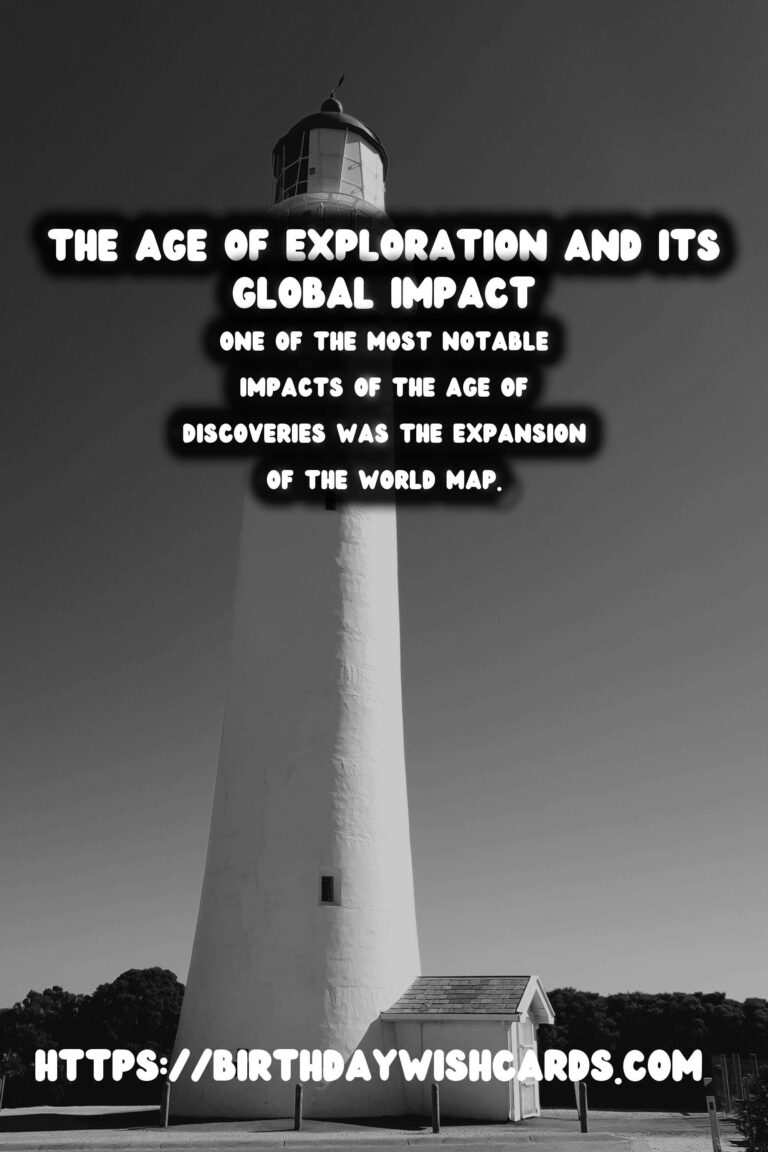
The Age of Discoveries, also known as the Age of Exploration, was a critical period in human history that reshaped our understanding of the world. Spanning from the early 15th century to the late 18th century, this era was marked by European expeditions to previously uncharted territories, leading to significant global changes.
The Beginnings of a New Era
The Age of Discoveries began with Europe’s desire to find new trading routes to Asia. This quest was fueled by the demand for spices, gold, and other riches that were highly prized in Europe. Navigation advances, such as the compass and astrolabe, played a crucial role in enabling maritime exploration. Countries like Portugal and Spain were at the forefront, sending explorers like Vasco da Gama and Christopher Columbus to chart unknown seas.
Expanding the World Map
One of the most notable impacts of the Age of Discoveries was the expansion of the world map. Explorers discovered new continents, including the Americas, which were wholly unknown to Europe. Maps that once centered on Europe transformed to include vast stretches of newly discovered lands. This was not only a cartographic revolution but also broadened the European worldview.
Cultural Exchanges and Consequences
The interaction between different continents led to widespread cultural exchanges, known as the Columbian Exchange. This exchange introduced new crops, animals, and technologies across continents, fundamentally altering agriculture and diets globally. However, these encounters also brought devastating consequences, including the spread of diseases to indigenous populations, which resulted in catastrophic mortality rates.
Economic Shifts and Trade Routes
The Age of Discoveries established new trade routes that shifted the economic centers of the world. As trade flourished, cities like Lisbon and Seville became bustling hubs of commerce. The influx of precious metals from the New World also altered European economies, leading to inflation and new wealth for many nations.
Political and Colonial Impacts
Politically, the Age of Discoveries spurred the rise of colonial empires. European nations competed for dominance over newly discovered territories, often leading to conflicts. Colonization had lasting impacts on governance structures and the geopolitical landscape, laying groundwork for today’s global political system.
Scientific and Technological Advances
The quest for exploration drove advancements in science and technology. Navigational and shipbuilding innovations were paramount, and a growing curiosity about the natural world led to scientific progress. This spirit of discovery was a precursor to the Scientific Revolution that followed.
Conclusion
The Age of Discoveries was a pivotal period that fundamentally transformed the world. The changes it brought to geography, economy, politics, and culture still resonate today. As we reflect on this epoch, we recognize it as a time of great human achievement and substantial consequences for the world’s peoples.
The Age of Discoveries began with Europe’s desire to find new trading routes to Asia. One of the most notable impacts of the Age of Discoveries was the expansion of the world map. 
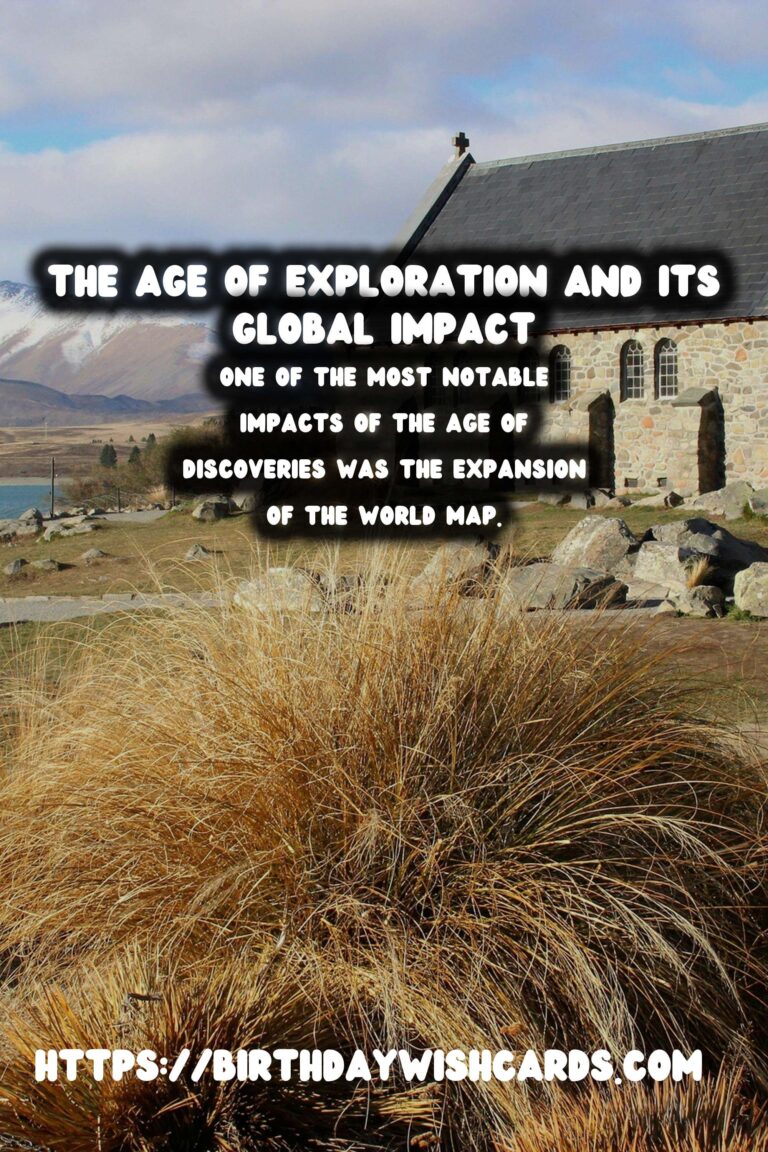
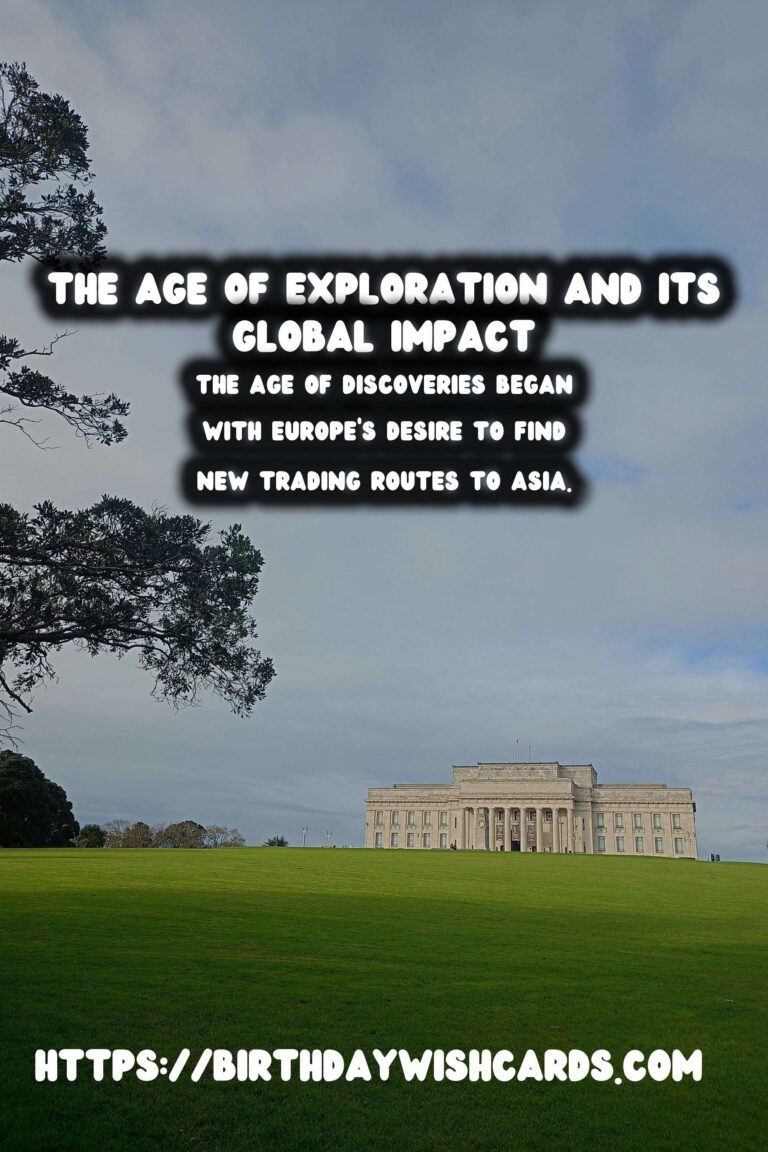
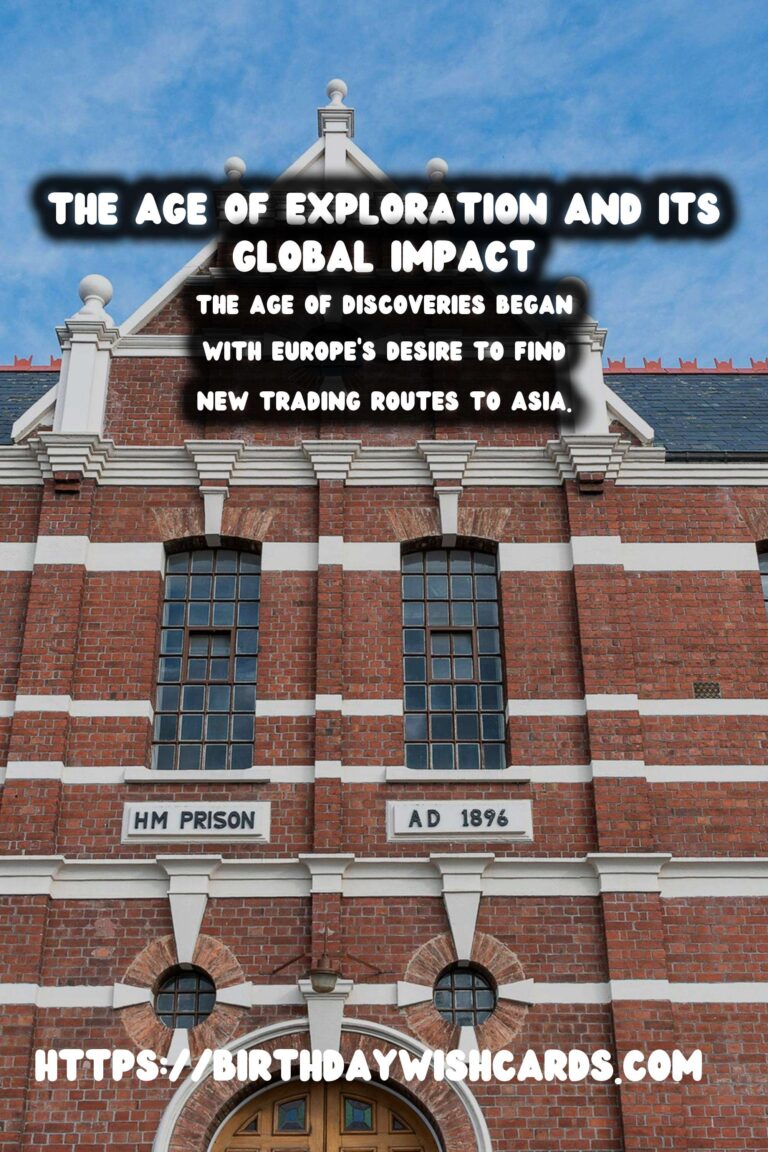
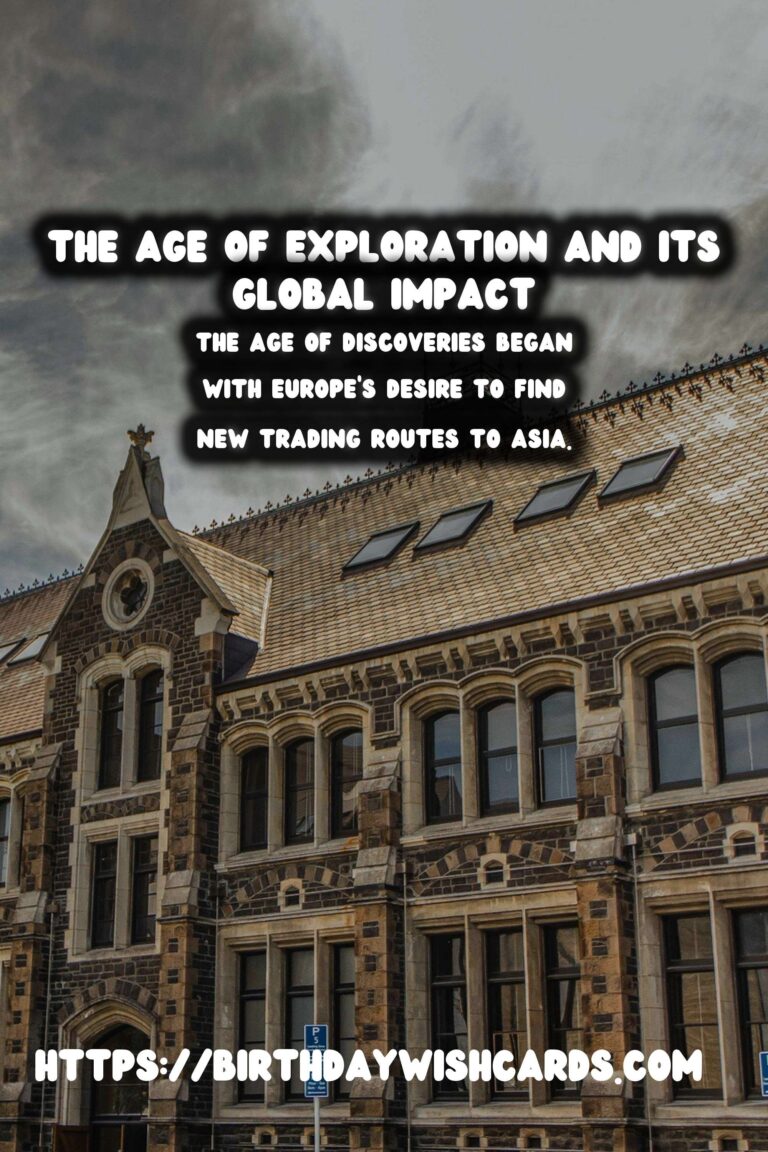
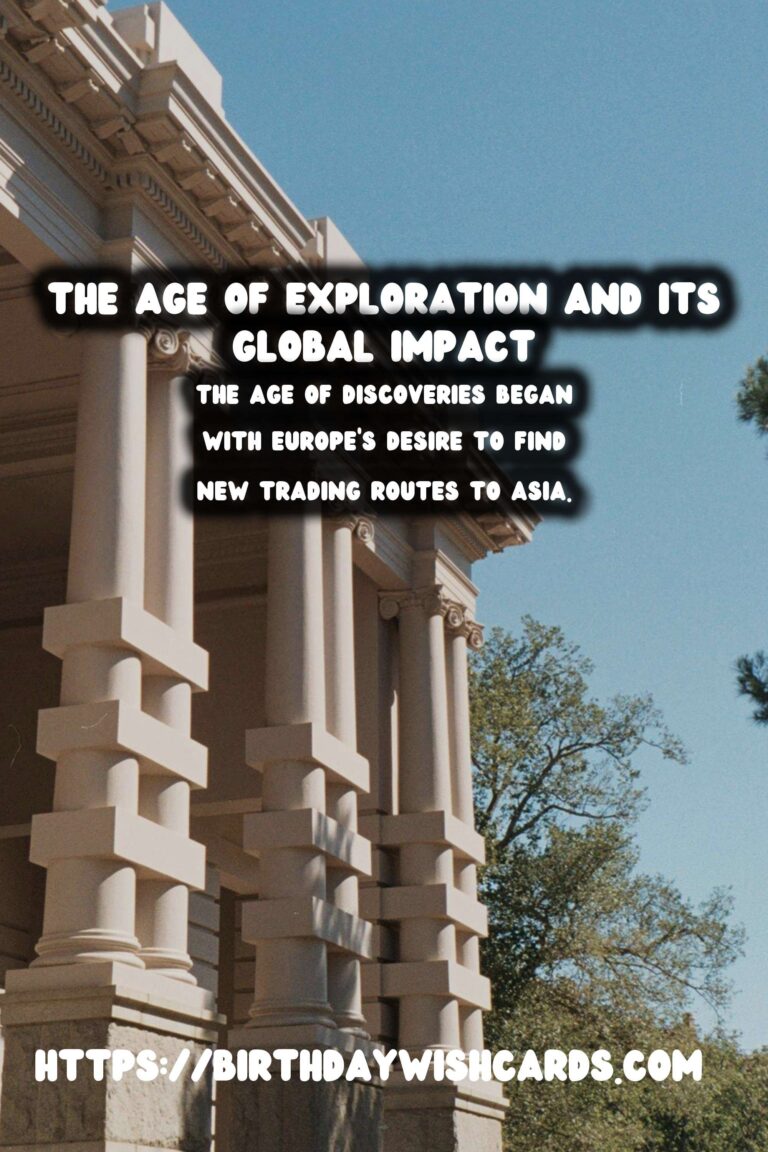
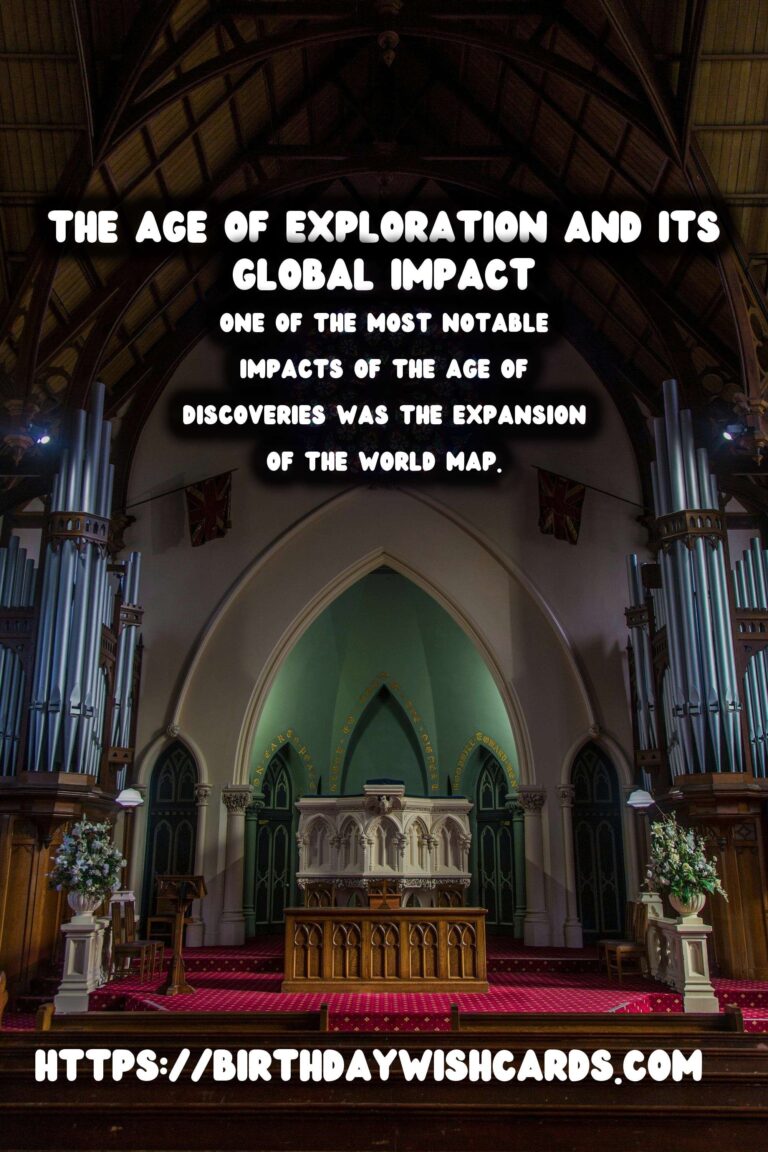
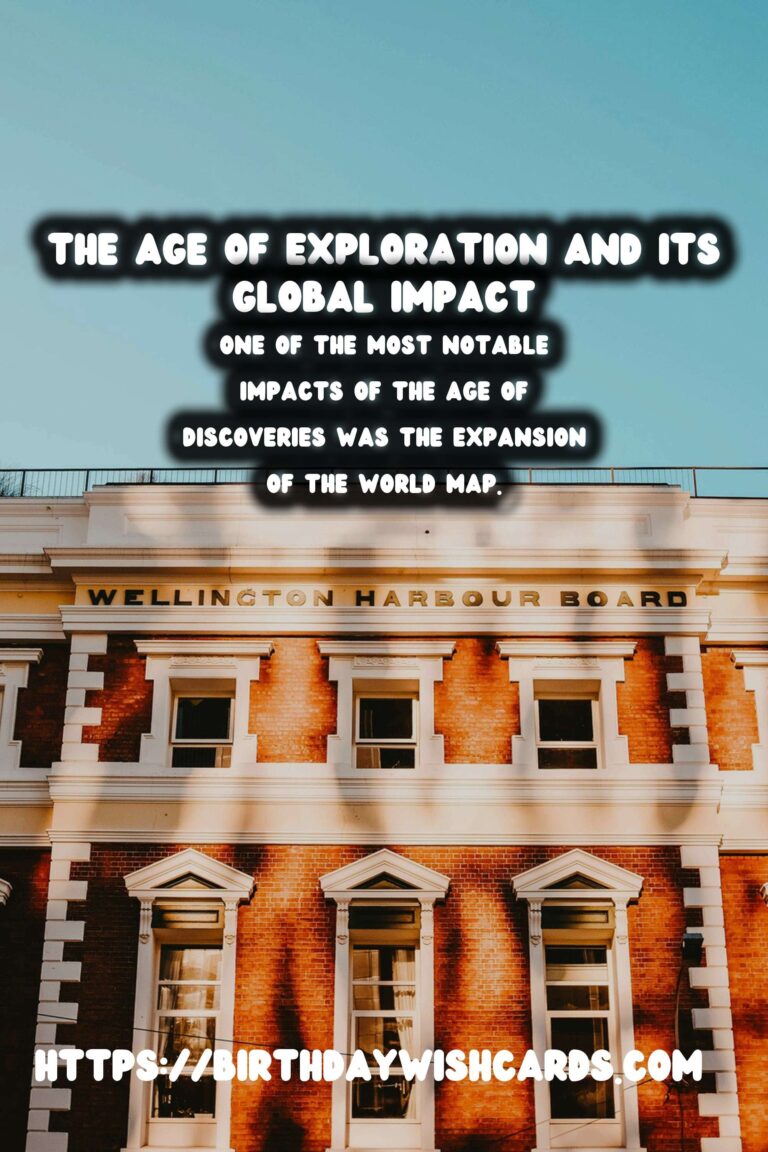
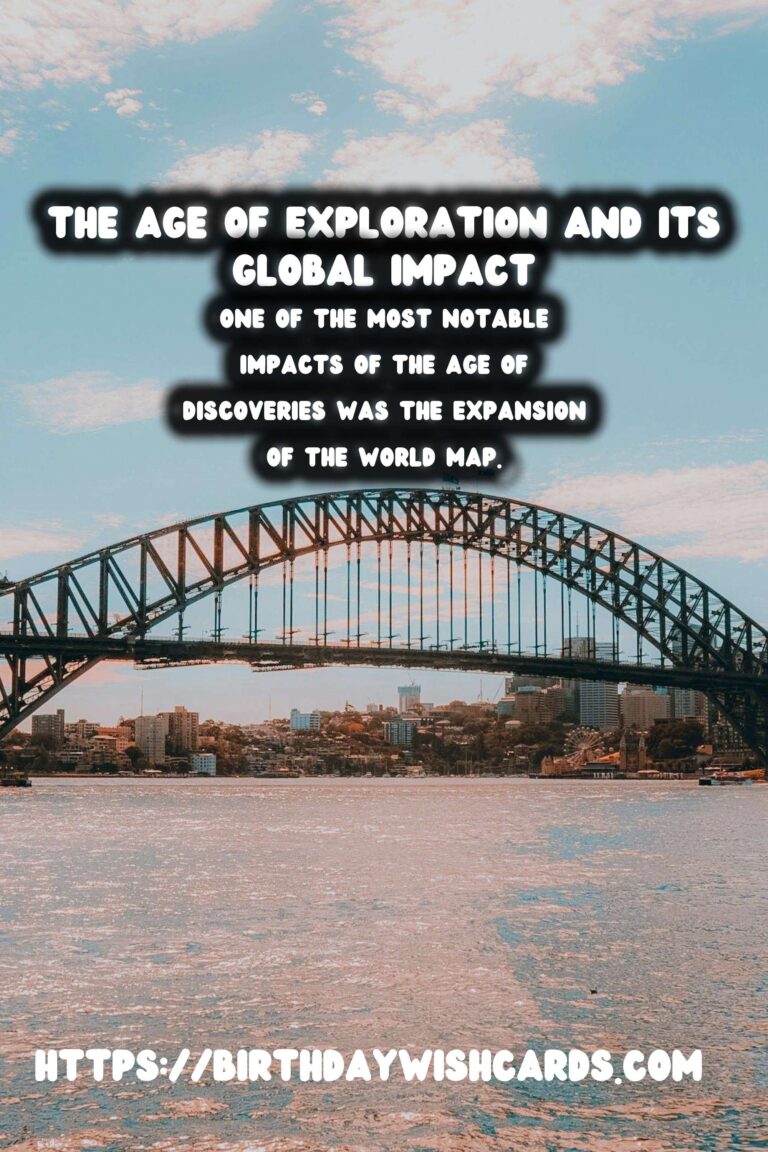
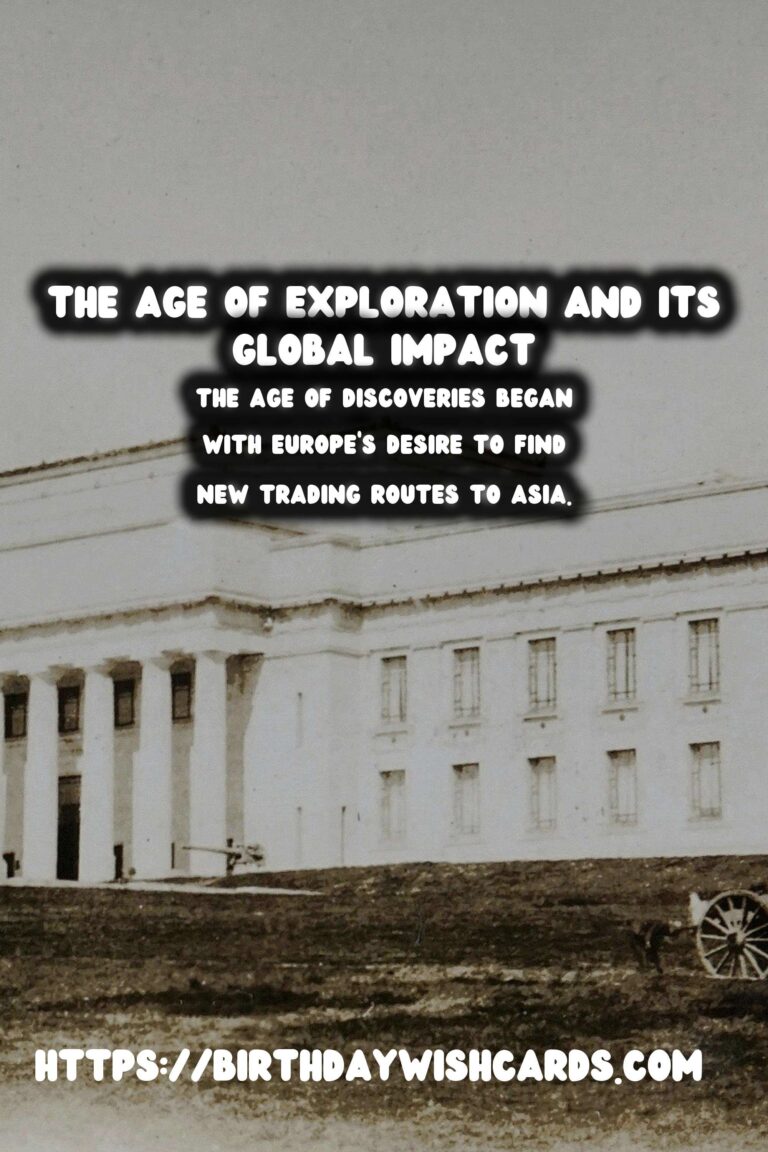
#AgeOfDiscoveries #WorldGeography




